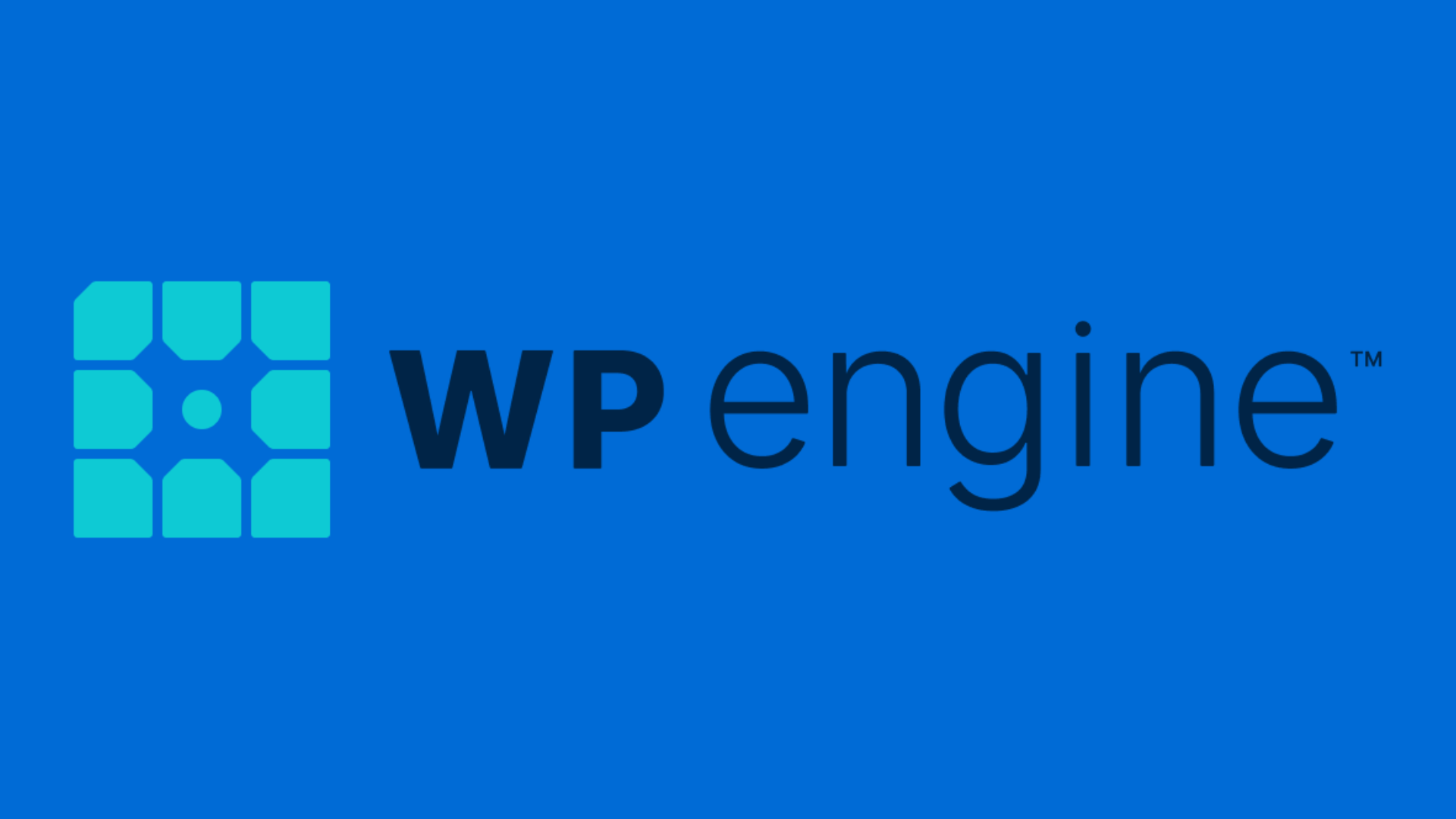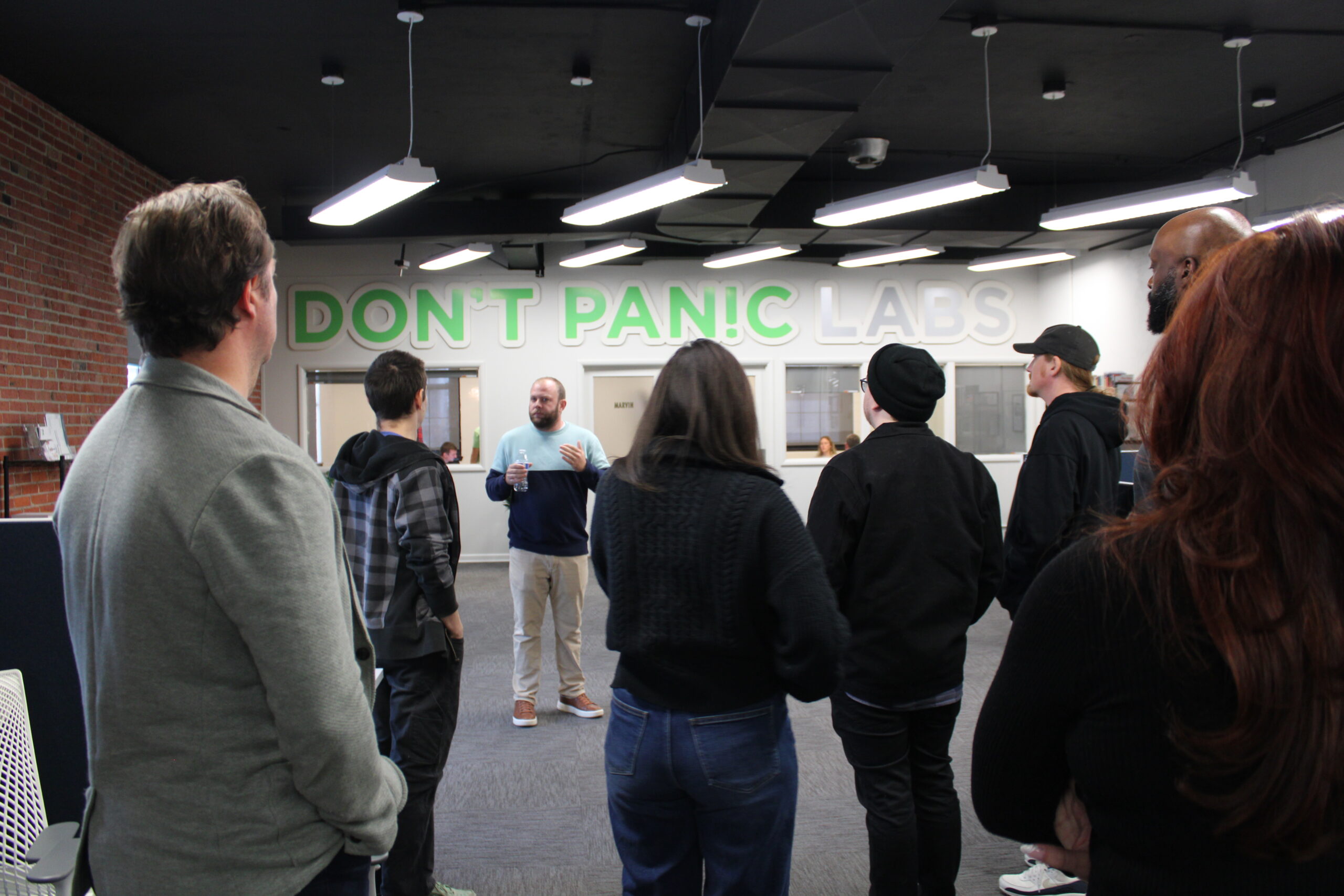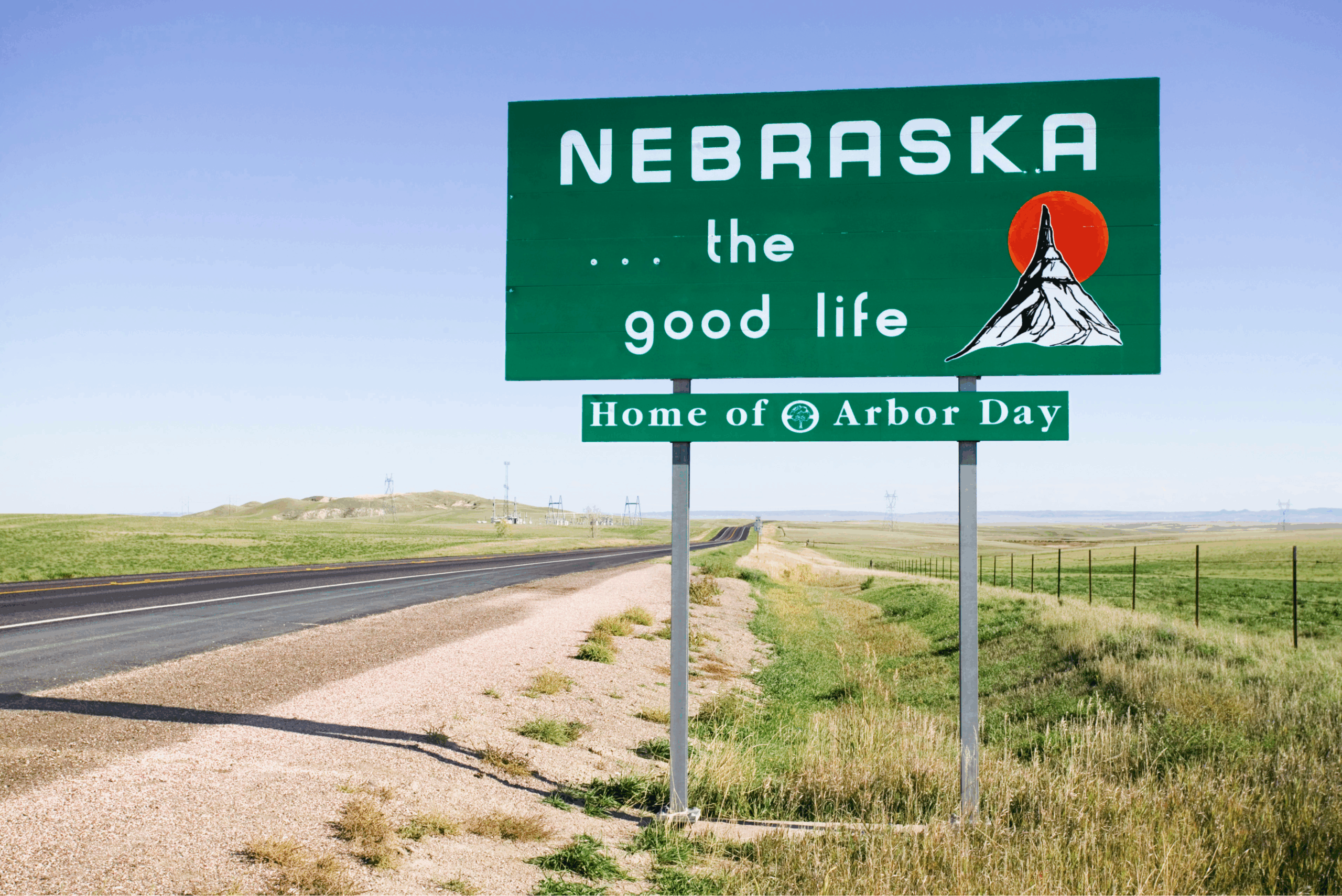A class action lawsuit is the latest development in the dispute between the WordPress co-creator and Automattic CEO, Matt Mullenweg, and WP Engine. The proposed class action lawsuit accuses Mullenweg and Automattic, the parent company of WordPress, of “deliberately abusing their power and control over the WordPress ecosystem” to cause harm to WP Engine and its customers.
WP Engine is a leading digital experience platform specializing in hosting, optimizing and securing WordPress websites. Founded in 2010 and headquartered in Austin, Texas, the company has grown significantly by offering managed WordPress hosting solutions designed to simplify website administration for businesses of all sizes.
WP Engine acquired Omaha startup Flywheel in 2019. At the time it was the largest acquisition in the WordPress ecosystem to date. WP Engine opened an office in the Ashton at Millwork Commons in Omaha in 2022.
In the class action lawsuit filed in late February, Ryan Keller said he’s suing Automattic on behalf of himself, his business — Keller Holdings, LLC (DBA SecureSight) — and all WP Engine users with active accounts between September 24, 2024 and December 10, 2024.
According to the complaint, Keller claimed that Automattic’s practices jeopardize WordPress’ open-source principles by restricting certain functionalities and imposing licensing agreements that have raised concerns throughout the community. The suit reportedly mirrors many of the same arguments previously raised in the WP Engine lawsuit, pointing to a broader debate about whether the commercial aspects of WordPress development are overshadowing the platform’s original free and open mission.
In a statement provided to Ars Technica in response, “The lawsuit filed by Ryan Keller against Automattic and Matt Mullenweg is without merit and merely rehashes the same baseless allegations in the WP Engine lawsuit,” Automattic’s spokesperson said. “Automattic and Matt Mullenweg remain fully committed to protecting the principles of open source and the WordPress community. We are confident that we will prevail in court on both the merits and any attempt to certify a class on these baseless claims.”
WordPress is the most widely used content management system (CMS) in the world, powering more than 40% of global websites. Developed as an open source project, it is maintained by a vast community of volunteers and contributors, with oversight from the WordPress Foundation and Automattic, which is the commercial entity behind WordPress.com. Many companies, including WP Engine, depend on WordPress to operate everything from personal blogs to large-scale e-commerce and enterprise websites.
“Cancer to WordPress”: How the public feud started
The conflict gained attention in September 2024, when Matt Mullenweg publicly rebuked WP Engine. In a blog post on WordPress.org, he labeled WP Engine “a cancer to WordPress,” suggesting the hosting company was exploiting and profiting from WordPress’ open source project without giving back. Mullenweg also argued that WP Engine’s name confused users into thinking the firm is officially part of WordPress, thus violating trademark norms.
WP Engine forcefully rejected these characterizations. The Austin-based company, which has built its business entirely on WordPress, maintained that “WP” is a generic abbreviation and has fair use rights to describe its services as WordPress-based. In late September, WP Engine sent Mullenweg a cease-and-desist letter defending its use of the WordPress name and demanding he retract his remarks.
Automattic answered with its own cease-and-desist letter, asserting that WP Engine had breached WordPress and WooCommerce trademark policies.
The WordPress Foundation, which owns the trademarks, swiftly updated its trademark policy page to call out WP Engine explicitly. The foundation noted that “many people think WP Engine is ‘WordPress Engine’ and… officially associated with WordPress, which it is not,” adding that WP Engine had “never once even donated to the WordPress Foundation, despite making billions… on top of WordPress”.
Bans, broken websites and a lawsuit
On September 25, 2024, citing trademark concerns and a lack of contribution, Mullenweg blocked WP Engine from accessing WordPress.org resources critical to website operations. WordPress.org is the central repository for WordPress updates, plugins and themes. This move immediately disrupted more than a million sites hosted by WP Engine as customer websites were suddenly unable to fetch plugin or theme updates from the official servers. Thus, leaving them frozen and exposed to security risks.
WP Engine blasted the block as a blatant abuse of power. The company argued that Mullenweg “misused his control of WordPress to interfere with WP Engine customers’ access to WordPress.org,” changing normal operations across the ecosystem. “Matt Mullenweg’s unprecedented and unwarranted action interferes with the normal operation of the entire WordPress ecosystem, impacting not just WP Engine and our customers, but all WordPress plugin developers and open source users who depend on WP Engine tools,” the company wrote in a public response on X.
Within days, WP Engine engineered a workaround so clients could get plugin and theme updates independently. It also took steps to appease trademark concerns — adding a prominent footer disclaimer that it is not affiliated with the WordPress Foundation and removing the word “WordPress” from the names of its hosting plans.
“To moot [Automattic’s] claimed concerns, we have eliminated the few examples [they] gave,” a WP Engine spokesperson told TechCrunch, and maintained that describing its service with the WordPress name is fair use and “simply not” something requiring a paid license.
However, these measures did little to mend the rift. On October 2, 2024, WP Engine filed a multi-pronged lawsuit in California federal court against Automattic and Mullenweg. The 62-page complaint accused the defendants of:
- Tortious interference — for blocking WP Engine’s access to WordPress.org and allegedly urging its customers to leave, disrupting contractual relationships.
- Attempted extortion — for demanding an “astronomical” licensing fee, 8% of revenue, under threat of “nuclear” retaliation.
- Unfair competition — by leveraging WordPress’s infrastructure to give Automattic, which runs a competing service, an edge.
- Defamation — citing the “cancer to WordPress” remarks and other public statements that WP Engine claims are false and damaging to its reputation.
- Breach of good faith — Automattic broke promises to keep WordPress open and free from singular control, contrary to past assurances that the WordPress project would remain independent of any one company.
WP Engine’s suit also sought declaratory judgments that its use of “WordPress” and “WP” does not infringe or dilute any trademark, pushing back on Automattic’s trademark enforcement.
“Matt Mullenweg’s conduct over the last ten days has exposed significant conflicts of interest and governance issues that, if left unchecked, threaten to destroy [community] trust,” WP Engine said in a statement on X. “WP Engine has no choice but to pursue these claims to protect its people, agency partners, customers and the broader WordPress community.”
Automattic firmly denied wrongdoing and is fighting back in court. “The whole thing is meritless, and we look forward to the federal court’s consideration of their lawsuit,” said Automattic’s attorney, former Acting U.S. Solicitor General Neal Katyal, via the company’s blog.
In legal filings, Mullenweg’s team argued that WordPress.org is a privately run community resource under Mullenweg’s stewardship, “WordPress.org is not WordPress… and is not controlled by [Automattic or the Foundation]. It’s Mr. Mullenweg’s responsibility,” they wrote, contending that WP Engine has no automatic right to access it.
Implications for the WordPress ecosystem
One thing that has come to light through this conflict is that the WordPress Foundation, owner of the WordPress trademark, has filed to trademark “Managed WordPress” and “Hosted WordPress.” This has raised concerns that once-generic phrases could become off-limits.
The high-profile feud has prompted an outpouring of commentary from developers, business owners and even open-source advocates outside the WordPress sphere.
On social media, debates have raged over trademark issues and fairness. In a thread on X, WordPress educator Karol K. pointed out that phrases such as “WordPress Hosting by WP Engine” could be seen as merely descriptive of the service, not a trademark violation, implying that enforcing the WordPress trademark in such cases may overstep.
Others disagree, siding with Mullenweg’s view that the WordPress name should be protected from misuse to avoid user confusion. The dispute has split opinions, with passionate arguments about what’s best for WordPress’s long-term health.
Beyond the legal maneuvering, the outcome of this confrontation carries high stakes for the broader WordPress ecosystem, which powers roughly 40% of all websites globally.
If the latest trademarks are granted and actively enforced, other hosting companies have expressed fear that they could be targeted next for marketing WordPress-based services. This has sent a chill through businesses that have, until now, freely advertised “WordPress hosting” or related offerings. It’s also resulted in uncertainty for developers who rely on WordPress.org infrastructure as they’ve seen how access can be revoked instantly.
Latest developments
As of early 2025, the lawsuit is still ongoing, but there have been some interim rulings. In December, a U.S. judge granted WP Engine a preliminary injunction, ordering Automattic and Mullenweg to stop blocking access to WP Engine.
The court required that WP Engine’s access to WordPress.org be fully restored, including removing any special “WP Engine” login checks or restrictions. WP Engine regained access to the Advanced Custom Field (ACF) plugin repository, which is critical to adding customization and flexibility to the CMS.
This was viewed as an early victory for WP Engine, ensuring its services function normally as the case proceeds. Automattic complied with the injunction by removing a temporary site it had established to monitor WP Engine customer defections and restored the integrations that had been disabled.
Both companies have adjusted their strategies in response to the conflict. In January 2025, Mullenweg announced Automattic will scale back its contributions to WordPress core development to match the much smaller contribution that WP Engine makes. WP Engine’s leadership, for its part, has emphasized that it remains committed to WordPress for the long term, but it also insists on what it calls a fair, transparent playing field. Both sides have kept public statements measured since the initial outbursts.
On April 2, Automattic announced a 16% reduction in staff, laying off approximately 280 employees, due to company restructuring. This follows an initial round of buyouts last October, when Mullenweg offered $30,000 or six months salary to leave for any team member who didn’t agree with his approach to the WP Engine conflict, according to reporting from The Verge. Reportedly around 8.4% of Automattic’s workforce left after that round of buyouts.
The WordPress Foundation, which is not directly named as a defendant, but is central to the trademark issue, has not issued an official independent statement beyond the updated policy notes on its website. The next step in the proposed class action is an initial appearance by Keller, Mullenweg and Automattic in California Northern District Court, currently scheduled for May 29 in San Francisco.



